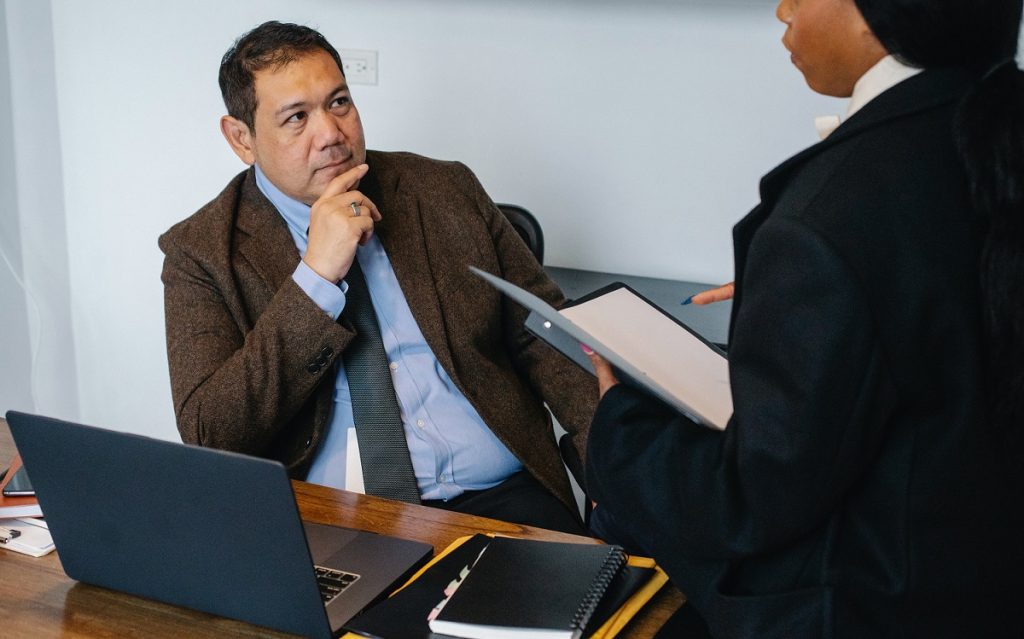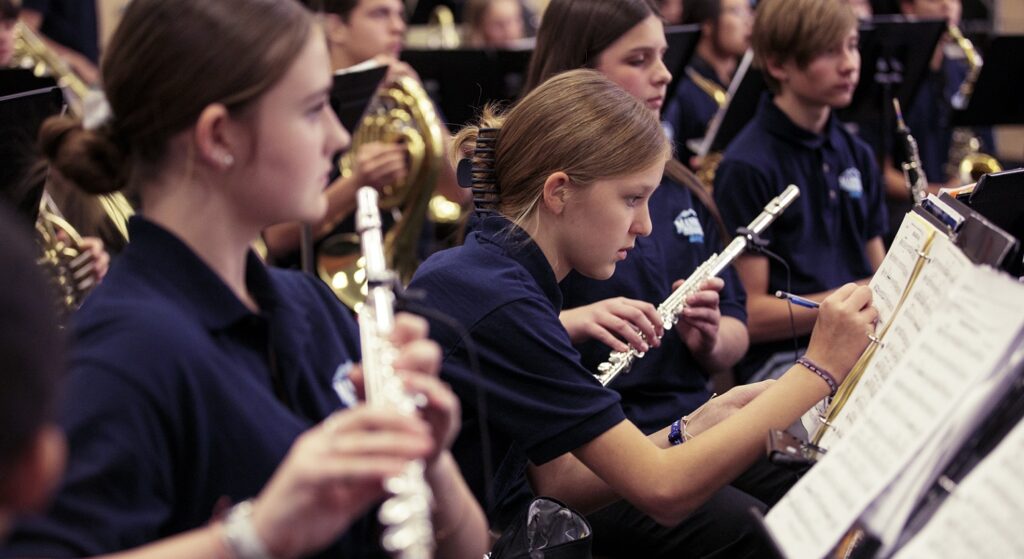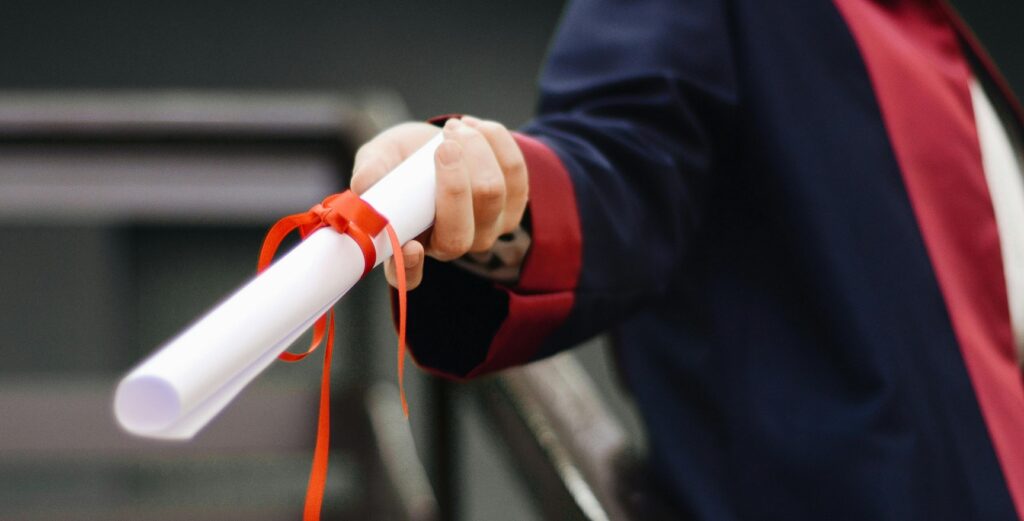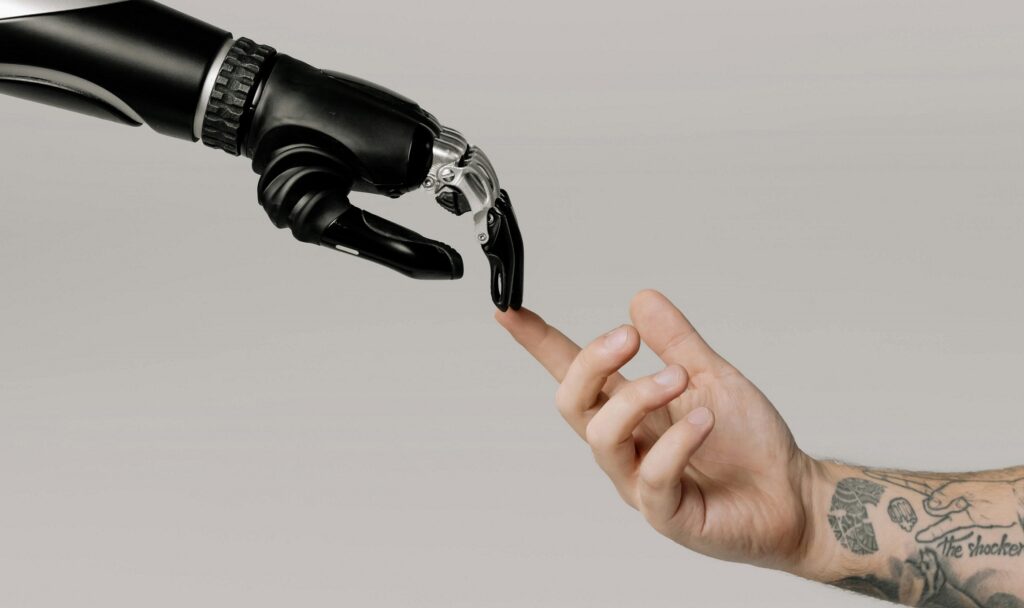Be a Better Teacher by Being Selfish
Improve your job satisfaction and performance by shifting some priorities and acting with your own best interests in mind.
The word selfish gets a bad rap. By definition, it’s “lacking consideration for others; concerned chiefly with one’s own personal profit or pleasure.”
The lacking consideration part may not be something to be celebrated. After all, we have to share this world with others, and we can achieve more when we work together. But being concerned chiefly with one’s own personal profit or pleasure — what’s so wrong with that? If I don’t put myself first, who else will?
Why is selfish considered a negative trait? Probably because when we think of this term, Ebenezer Scrooge comes to mind or the dinner guest who gets seconds before the other guests have finished their first plate. The people in these examples can certainly improve their behavior and attitudes. But is the answer to go to the opposite extreme and sacrifice everything pleasurable and fulfilling to help someone else? I don’t think so. But perhaps a redirection or reevaluation of being selfish is necessary.
The Giving Tree: A Tale of Selflessness or a Modern Horror Tale?
If you’ve read Shel Silverstein‘s book “The Giving Tree,” you are likely in one of two camps. The quick synopsis of the book is that a boy needs/wants things, and a tree is happy to provide what the boy needs.
The first camp sees a heartwarming story with an altruistic tree at its core. The tree is happy when it can give. The second camp sees the story differently — the boy continually takes advantage of the giving nature of the tree. Eventually, the tree becomes a stump with nothing left to give. The end.
I was a fan of the tree, which first provided some fun for the boy — he swung around its branches and wore its fallen leaves like a crown. Later, the tree provided shade and apples. The apples were picked, and the leaves eventually fell, but they would come back with care and the change of the seasons.
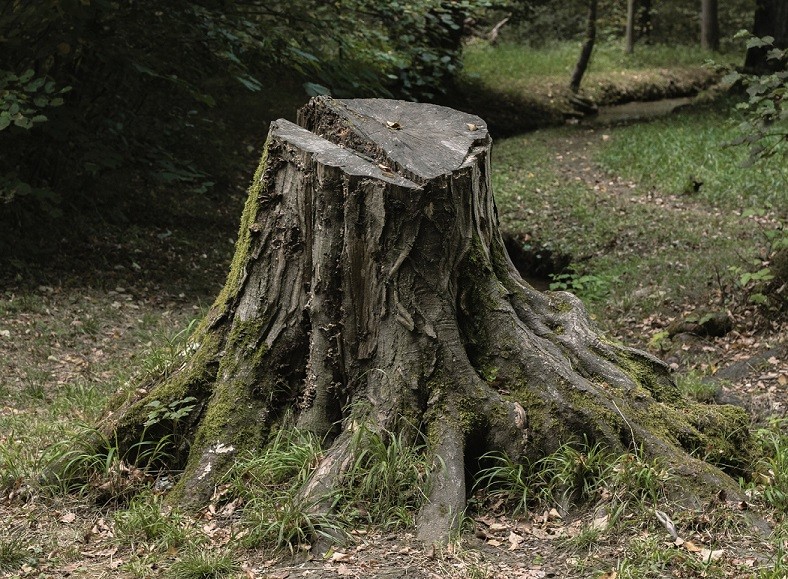 But then the story loses me. The boy wants more, and the tree gives it. But the tree starts giving away so much that it becomes less and less valuable. Branches are removed, and eventually, the entire trunk is cut down. The tree is reduced to a stump, but it continues to tell itself that its happy to give.
But then the story loses me. The boy wants more, and the tree gives it. But the tree starts giving away so much that it becomes less and less valuable. Branches are removed, and eventually, the entire trunk is cut down. The tree is reduced to a stump, but it continues to tell itself that its happy to give.
At the time of this writing, I’m nearly 38 years old. I’m a practicing music teacher during the weekdays. I’m married with five kids. What do I want at the end of my career? I’m not exactly sure, but I do know two things: 1) I don’t want to delay all of my happiness and fulfillment post-teaching, and more importantly, 2) I don’t want to end up a stump. Furthermore, I want to be in a place where I am mentally and physically healthy enough to help others without sacrificing myself.
When I look back at my early years of teaching, I cringe. Nearly every waking minute was tied to my career. If I wasn’t working, I was thinking about work or recovering from work. I enjoyed my job, but I was slowly losing some personal agency, my health was declining and I had little free time. And worst of all, it was my fault. I needed to shift some priorities and start acting with my own best interests in mind.
In other words, I started to be a little selfish.
 Some Small Changes to Put Yourself First
Some Small Changes to Put Yourself First
“My first coffee of the day will not be in the car.” I made this a rule over a year ago, and it has made a world of difference. I get up, get ready, brew a cup of coffee and sit down with it. Oh, the anxiety I felt for the first week or two into this. I wasn’t able to get to school five minutes earlier. I thought I’d break. But in reality, it was a great, low-risk exercise in putting me first.
Here are some other things you can do for yourself.
Make It a Tie Game: For everything you do for someone else, do one thing for yourself. I don’t really believe in scorekeeping, but if you’re a person who always puts others first, this can be a great way to at least be playing a tied game.
Don’t Delay All Gratification: How many times have you thought, “If I work hard, then someday, I’ll reap the benefits of my rewards”? Delayed gratification is fine, but sometimes we just need to enjoy what we want when we want it (in other words, now!).
Early on, I made no time for social events and relaxing. All I did was work. And honestly, I wasn’t very fun to be around. Making some time each day or week to do something enjoyable with no strings attached did wonders in helping me to find balance.
Remember Why You Got Into This: One of my college professors, Dr. Charles Menghini, used to say that many teachers end up losing their love for music. It can be struggle and a fight, but you must keep your love of music and educating students at the core of what you do professionally. It will be hard and may even seem naive with all the outside work that must be done, but you must avoid burning out.
Do you remember when you first opened your instrument case or sang in the choir for the first time? That was a great feeling. We can still have that feeling while also sharing it with others.
Establish Priorities
So, you’ve chosen to put yourself first, and you’ve freed up some time. What do you do now? Establish some priorities to help determine where you most enjoy directing your energy. You may find that you simply want to spend time relaxing. Or, you may discover that all your free time goes toward something that you work extremely hard at — but as long as you choose to do it, mission accomplished!
 Make a list of the things that you want to do for yourself — things for your health, personal growth, recreation and relationships. This can be anything from studying a piece you enjoy, exploring a new exercise routine or getting a band together to play a set at a bar. I have a list of projects and priorities that I can do now, and a list that I’d like to do someday (called my “Someday/Maybe” list).
Make a list of the things that you want to do for yourself — things for your health, personal growth, recreation and relationships. This can be anything from studying a piece you enjoy, exploring a new exercise routine or getting a band together to play a set at a bar. I have a list of projects and priorities that I can do now, and a list that I’d like to do someday (called my “Someday/Maybe” list).
Once you’ve determined what you want to do, schedule time for these activities and make yourself and your goals a priority. If you find that you really enjoy what you’re doing, keep it going. If you complete a project or decide that it’s not for you, then promote something from your Someday/Maybe list to a current project.
Accept That Some Things May Slip
The mundane but necessary daily tasks will try to get in the way of your goal of putting yourself first. Accept that you are just one person who simply cannot do everything. Sometimes you must choose what is important. Do I want to move forward on a project that means a lot to me or do I load the dishwasher? Not doing which task will make me feel worse? Can I hand wash only what I need until I can actually do all the dishes? This is not a great long-term solution, but if this happens occasionally, you’ll be fine.
If you’re like me, you get a lot of satisfaction from a clean workspace, but as we know, there’s always more to clean and organize. I can go for hours cleaning up messes in my house. But there will always be messes to clean up, and usually leaving a mess for another day or two will not hurt.
Apply this attitude of acceptance to other projects and goals. You won’t have time for it all, and that’s OK. Some things can slip, and you can reprioritize projects and goal.
Don’t Let Others Shame You
You’re putting yourself first, and you are really starting to enjoy the time you have carved out for yourself. And then other people give their opinions. Don’t be discouraged or disheartened by comments like: “I couldn’t take that time away from my family,” “I just don’t have the time” or, my mother’s signature phrase, “Must be nice.”
They’re not bad people. Sometimes people just disagree with your choices. If a close friend or family member says something, you should certainly take them seriously, but don’t take it personally. These responses often come from people who also want to enjoy themselves and maybe break away from the grind. They just haven’t given themselves permission to put themselves first.
For example, I planned to try out wall-climbing recently and told some friends. They said, “Must be nice.” My response? “It is. I’m going on Monday night if you want to join me.” Magically, schedules cleared up, and we all went and had a great time.
Don’t Be Stumped!
Here’s the bottom line: The more selfish I was, the better teacher, father, husband, friend I became, and the more I could act selflessly. On the other hand, the less I thought about myself and put my own wants and needs last, the less useful I was. I was shocked by this observation.
Where would your “giving tree” story end? Would you let yourself become a stump? I sure wouldn’t. I would certainly share my leaves and apples and offer shade. But I’d draw the line at cutting down my branches and whittling down my trunk. They may help someone else in the short term, but I can’t get them back once they’re gone.
By putting your own best interests, wants and needs first, you will become more balanced, content and better equipped to pursue what you want in life and handle what life happens to throw your way.










